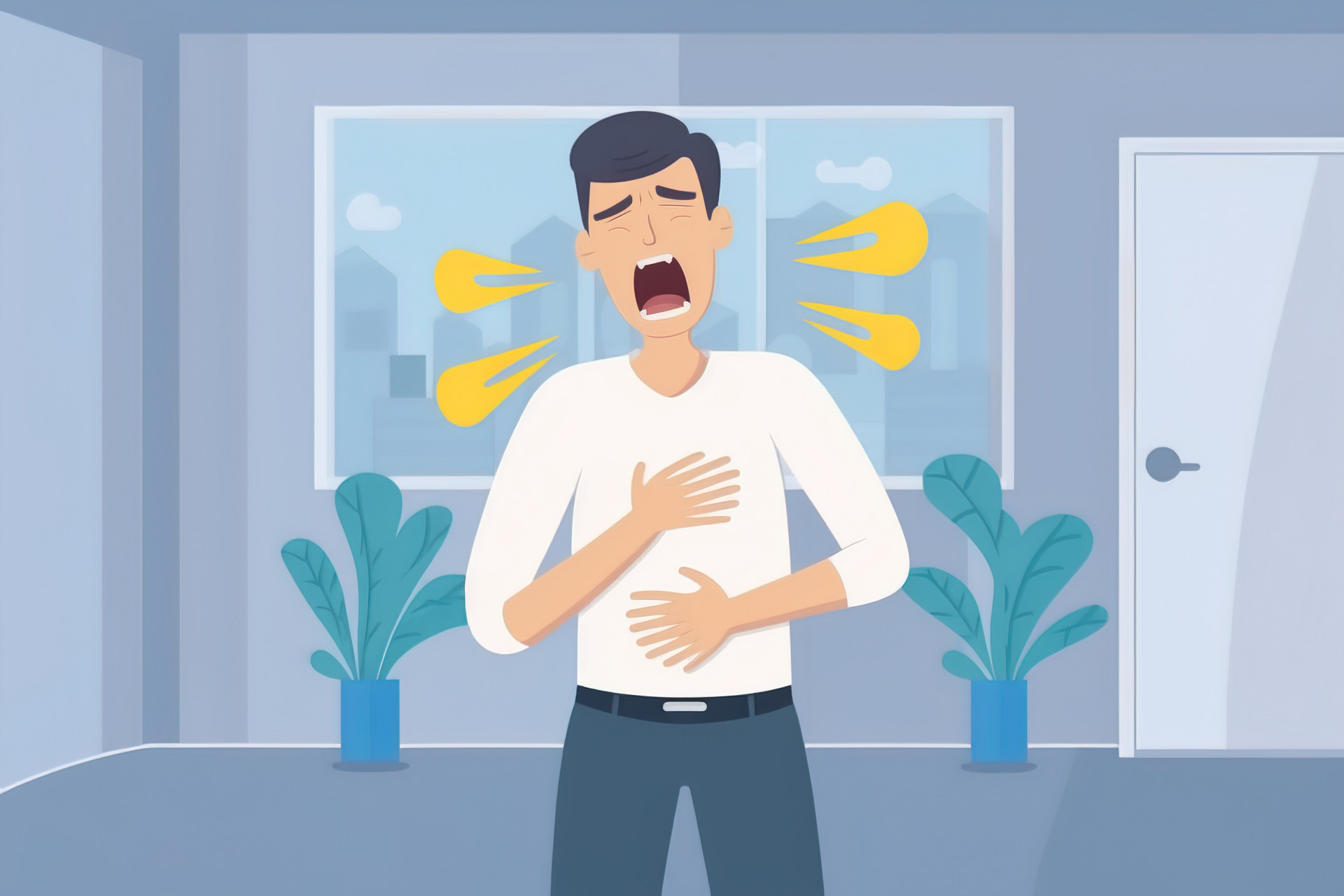
Wine, with its warm nature and sweet, bitter, and spicy taste, has the effects of promoting blood circulation, warming the meridians, invigorating yang energy, and enhancing the potency of medicine. It has been widely praised and applied by later generations of doctors. As early as the "Book of Han · Food and Goods Records" states: "Wine is the beauty and fortune of heaven. Emperors use it to nourish the world, offer sacrifices, pray for blessings, and support the weak and treat the sick." It is also said that "wine is the master of a hundred medicines". However, there is also a saying that "drinking in moderation can promote blood circulation and qi, strengthen the spirit, and resist the cold. But if one frequently indulges in excessive drinking, it can lead to various illnesses and even death. The harm caused by it is beyond measure." With the progress of human civilization and the improvement of living standards, people's continuous pursuit of health has made the relationship between moderate drinking and health a focal point of attention.
What is considered moderate drinking?
According to the World Health Organization's "International Guide for Monitoring Alcohol Consumption and Harm", moderate drinking is defined as consuming no more than 25 grams of pure alcohol for men and 15 grams for women per occasion.
Six types of people who should be cautious about drinking
Effect on diabetes patients
Moderate drinking can increase insulin sensitivity and lower levels of glycosylated hemoglobin, which is a protective factor for blood sugar control. However, excessive drinking can significantly increase fasting blood sugar levels.
Effect on coronary heart disease patients
Moderate drinking can increase HDL-C (high-density lipoprotein), inhibit inflammatory reactions, improve endothelial function, and affect platelet aggregation, coagulation, and fibrinolysis factors. It has a protective effect on coronary arteries. However, excessive drinking can affect the levels of endothelial factors and endothelin, thereby affecting the establishment of collateral circulation, compromising myocardial blood supply, and triggering myocardial infarction.
Effect on hypertension patients
Alcohol interferes with the mechanism of antihypertensive drugs, leading to changes in the absorption and metabolism of these drugs, thereby reducing their effectiveness.
Effect on hyperlipidemia patients
Research has shown that drinking alcohol can increase cholesterol, low-density lipoprotein cholesterol, and triglyceride levels.
Effect on cerebral hemorrhage patients
Alcohol can accelerate blood flow and cause blood vessels to dilate, which can lead to the possibility of secondary cerebral hemorrhage in ruptured and hardened blood vessels.
Effect on sleep apnea patients
Alcohol can inhibit the activity of the hypoglossal and pharyngeal nerves, resulting in decreased tension in the genioglossus and genioglossus-hyoid muscles, leading to airway narrowing or obstruction, thereby prolonging the duration of apnea and exacerbating intermittent hypoxia and carbon dioxide retention in patients.
Tips for sobering up
After entering the stomach, milk can change the activity of proteins and reduce the absorption of alcohol by the gastric mucosa, thereby protecting the gastric mucosa.
A thick rice soup with some white sugar (in moderation) can effectively sober up as rice soup contains rich B vitamins which participate in energy metabolism.
Radish juice with some brown sugar (in moderation) can effectively sober up and relieve the effects of alcohol when consumed as a tea.
Vinegar, brown sugar, and ginger can be mixed in a 12:5:1 ratio, decocted in water, and consumed as a tea.








